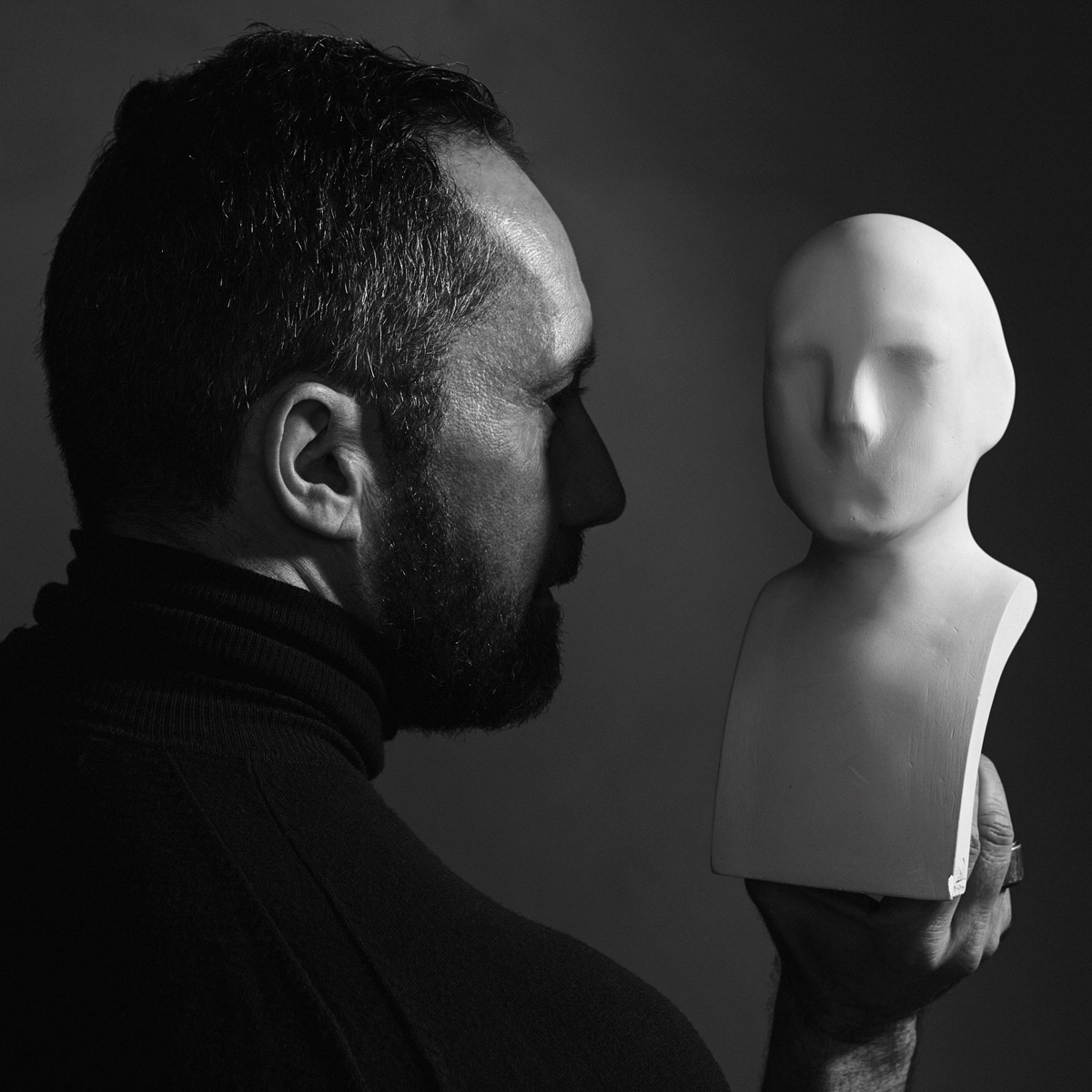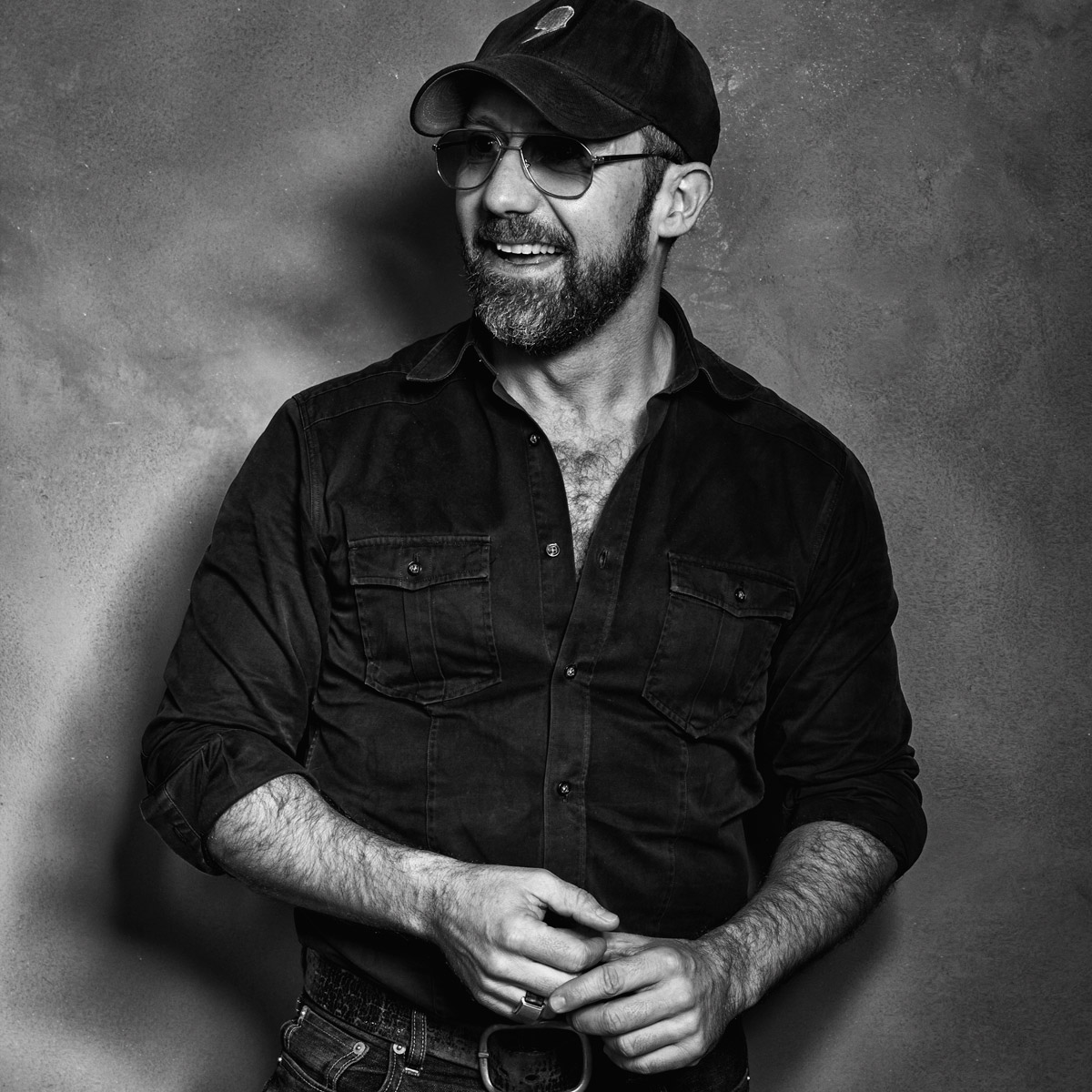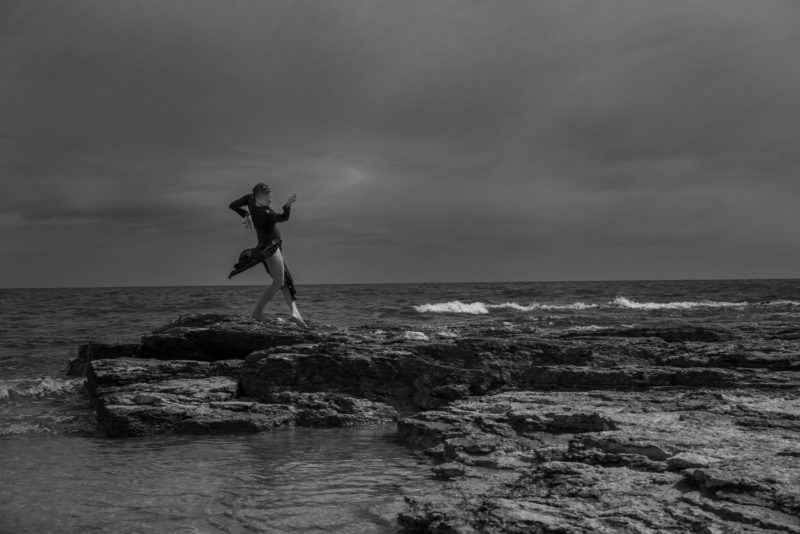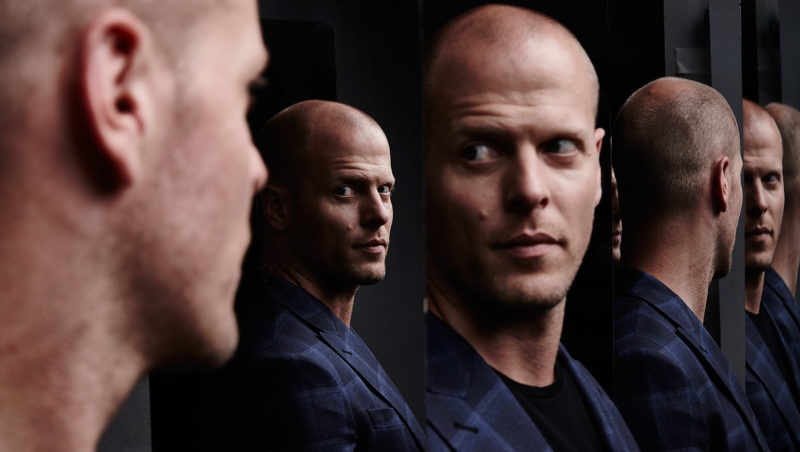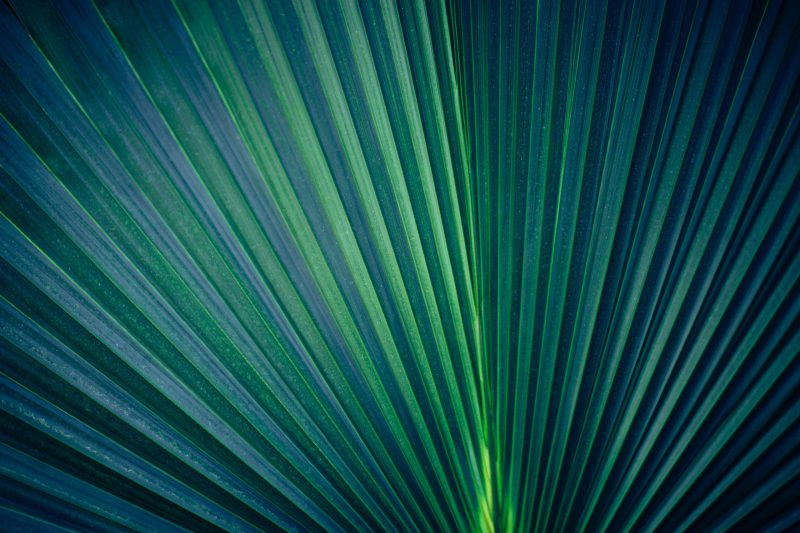Jean Christophe Le Grévés’ THIRDMAN is the aesthetic conclusion of many beliefs and experiences: “My father’s sculpting workshop, saturated with wood dust or fumes from burnt metal; fragrance commercials by Irving Penn; the scent of mimosa in nature; crisp, cool weather in my grandmother’s gardens; the wall of fragrance bottles on a vanity in a weekend home; the pristine scent of an old Eau de Cologne in its massive bottle.”
Christopher Austopchuk: How did you get into fragrance development?
Jean Christophe Le Grévés: At the London Royal College of Art. I started experimenting with sensorial associations between form, literature and scents and the emotions they create. I wanted to explore the way smell, juxtaposed with other senses, triggers our imagination and makes us build surreal worlds and stories. Working with and learning from master perfumers, bottle designers and creative directors helped me build a holistic view of the subject.
CA: Why did you become a perfumer?
JCG: Learning the craft, I kept a dual path merging olfactory and visual creativity, exploring tomorrow’s olfactory forms as a hybrid creative director. Between scent and sight, I bridged two worlds that cross only rarely.
CA: What makes a perfume attractive?
JCG: Its mysterious and elusive dimension, which cannot be described or pinned down.
CA: How’s smell linked to our emotions & communication?
JCG: In spite of the saturated and hyper-marketed field, a new creation sometimes shifts our perception and triggers an unexpected addiction. Man-made or not, a scent is interesting not because it makes us smell good or projects an image, but because it triggers on a personal level an irrational state often derived from deep-seated memories or past experiences.
CA: What’s “music” to your nose?
JCG: You asked for it: Petrol stations. Floor wax. Orris absolute. Leather. Mimosa. Musk. Wood. Dust. The smell of stationery at the start of the school year. A bathroom in a certain house in Vermont. Arrival at the airport in Mumbai. Lily of the valley. Habanita by Molinard. L’Haure Bleue by Guerlain. Amber Xtreme, a molecule created by IFF.
CA: What’s the science behind “smelling feelings”?
JCG: The Fine Fragrance Creative House International Flavors and Fragrances’ Consumer Science Program has developed a thesaurus of basic ingredients, notes and finished scents that capture statistically their synesthetic connection to moods in a global set of participants, showing how basic odors elicit specific emotions. I’m tempted to say that current fragrance development is mostly about psychology.
CA: Do your personal history and memories factor into fragrances you create?
JCG: Scents that feel untouched – not designed – bear the most weight in my inspiration. The line I founded is the aesthetic conclusion of many beliefs and experiences: my father’s sculpting workshop, saturated with wood dust or fumes from burnt metal; fragrance commercials by Irving Penn; the scent of mimosa in nature; crisp, cool weather in my grandmother’s gardens; the wall of fragrance bottles on a vanity in a weekend home; the pristine scent of an old Eau de Cologne in its massive bottle.
Between countryside and seaside, a lot of time was spent in my father’s shop and a home of collected antiques or objects imagined and made by my parents, which gave me curiosity and love for things that are beautifully simple and well made. Then there’s Bauhaus architecture and modernism in art; I exist with one foot in art and one in commerce and never considered one higher-brow than the other. It has always been about lateral thinking and merging creative processes.
CA: How did you discover that you have a special nose?
JCG: Through those who saw me reacting on instinct and kindly took me under their wing at a young age: Pierre Bourdon, Pierre Wargnye and Carlos Benaim gave me the chance to dive further in their world. Today I carry on the exploration by collaborating with the next generation of perfumers, like Bruno Jovanovic, Clement Gavary, Anne Flipo and Jean-Marc Chaillan.
CA: Has your sense of smell evolved?
JCG: I became faster at reacting, evaluating and developing. Yet my favorite ingredients, materials and essences which guide my taste and choices are unchanged.
CA: How did you decide on the brand name Thirdman?
JCG: As opposed to most fragrances marketed by a designer, celebrity or perfumer name to ensure recognition, Thirdman represents an anonymous collective of perfumers and artists. The creative focus is inside the bottle; the purist and minimal aesthetic of the line shifts away from branding hooks. The brand is only materialized by a secretive shadow, a tribute to the real perfumers. The mystery of the movie by Carol Reed with Orson Welles was one of the inspirations.
When I asked myself, “Does the world need another fragrance?” I learned about the importance of conviction, finding your voice, uncompromising attention to and love for the product, and a small but fair amount of naivete and humor. That might not suffice, but all certainly contributes to a foundation.
CA: Why was it important to create your own brand?
JCG: I created the line as a departure from current perfumery. The Eaux Contemporaines by Thirdman are not fragrances in the classic sense – neither Eau de Cologne nor Eau de Toilette, they are perfumes of the “third kind.” At first the creation of the line came from a personal need; I had not worn a scent since my teenage years although I’ve been working in the field for 25 years. I create perfumes to live in rather than wear as accessories. As we were developing our inaugural scent Eau Monumentale, Bruno Jovanovic and I did not translate a concept, ingredient or story, but rather brought a luxurious sensation of freedom. The line speaks to epicureans who want to wear perfume differently, as well as those who don’t wear perfume but find in the Eaux Contemporaines a renewed pleasure.
CA: What did you learn about yourself while building the brand?
JCG: Always keep your creative independence. Speak the truth. Stay curious. Be kind. Each step in an adventure such as product creation is decisive and to be imagined as if without return; it is thrill and danger at once. It taught me to follow my gut instinct.
CA: Does your brand specialize?
JCG: There’s the minimalist engineering of exquisite natural essences with a “ghost” signature note of advanced wood and musk molecules. The focus is on an ease, impact and comfort different from what we usually call a perfume. Also, for their pristine quality and innovative distillation processes, the beautiful natural essences harvested by the Grasse-based Company Laboratoires Monique Remy are predominant in our compositions.
CA: Is the industry competitive?
JCG: Extremely competitive. Even the exclusive “niche” segment has seen an explosion of brands and creators over ten years. The lure of marketing and branding propositions has therefore made it harder for consumers to smell with their “nose” rather than their “eye.”
CA: Do you consider yourself an artist, a scientist or a businessman?
JCG: I’m a transvestite of sorts in the industry, neither totally one nor the other. People want a specialist, yet I find my place at the cusp of two worlds. I love bridging both.
CA: Why are your fragrances available only at exclusive retail stores such as Neiman Marcus?
JCG: Because of Eau Monumentale and the belief and trust of wonderful collaborators there. They saw in the brand a relevant new proposition that opened a different segment in their fragrance department.
CA: How does one break into the business?
JCG: When I asked myself, “Does the world need another fragrance?” I learned about the importance of conviction, uncompromising attention to and love for the product, finding your voice, and a small but fair amount of naivete and humor. That might not suffice, but all certainly contributes to a foundation.
CA: Your sense of smell a blessing; is it ever a curse?
JCG: Never. There is no right or wrong smell, there is only our interpretation through education, learned notions and individual emotional paths.
CA: What’s your second-favorite sense?
JCG: Sight. Yet the most disconcerting one is sound, for specific pieces of music that take over all other senses in the most unexpected ways.

